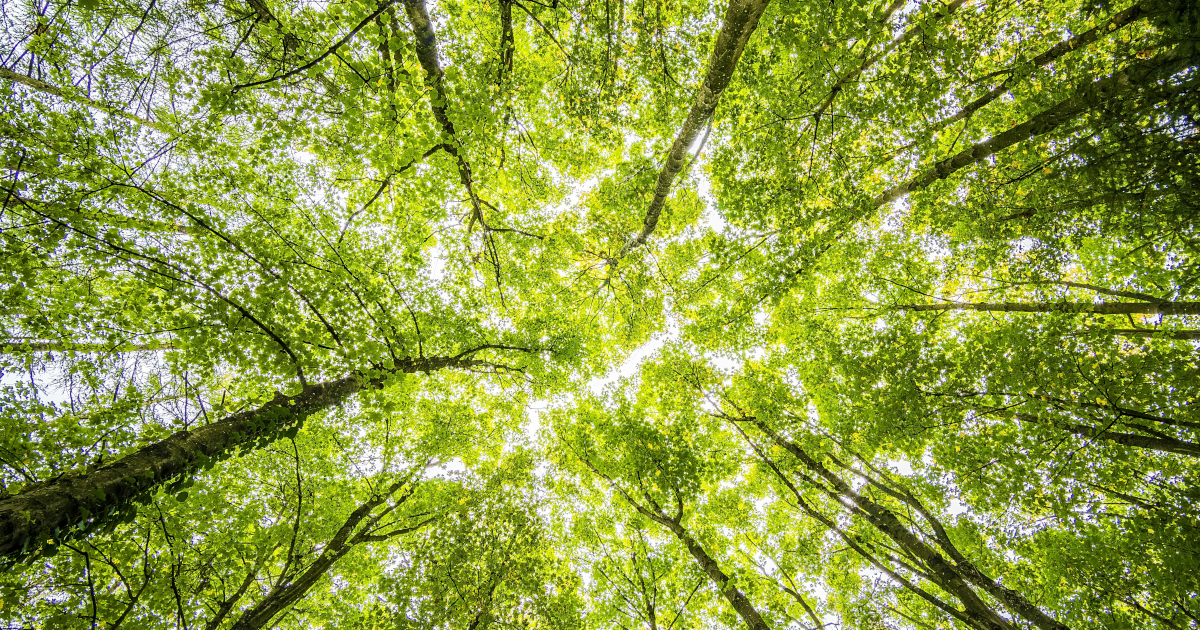Tourism Industry Gains New Carbon Removal Option Through Agricultural Innovation

Summary
Full Article
A significant advancement in sustainable tourism has emerged as Groundwork BioAg partners with Sustainable Travel International to offer carbon dioxide removal credits based on mycorrhizal fungi application in agricultural soils. This partnership marks an important shift in how the tourism industry approaches carbon offsetting, combining environmental protection with agricultural benefits.
The partnership introduces Rootella Carbon credits to Sustainable Travel International's Climate Impact Portfolio, providing travelers and businesses with a unique way to offset their carbon footprint while supporting farmers. What sets this initiative apart is its dual impact: while sequestering carbon, the mycorrhizal inoculants improve crop yields, reduce fertilizer usage, and enhance soil health.
The timing is crucial as two-thirds of the world's largest companies with net-zero targets are currently utilizing carbon offsets to meet their climate goals. This new offering provides a scalable solution that addresses both environmental and agricultural needs, with farmers eligible to earn up to 70% of net proceeds from carbon credit sales.
This development is particularly significant for the tourism industry, which has been under increasing pressure to address its environmental impact. The partnership offers a verifiable and sustainable way for tourism businesses to meet their environmental commitments while contributing to agricultural sustainability.
Currently undergoing validation within the Verra VM0042 v2.0 protocol, this initiative represents a shift in carbon credit programs by making them accessible to regenerative growers who might otherwise be excluded from carbon credit markets. The program's ability to combine carbon sequestration with improved agricultural practices could set a new standard for environmental offset programs in the tourism sector.

This story is based on an article that was registered on the blockchain. The original source content used for this article is located at News Direct
Article Control ID: 35689